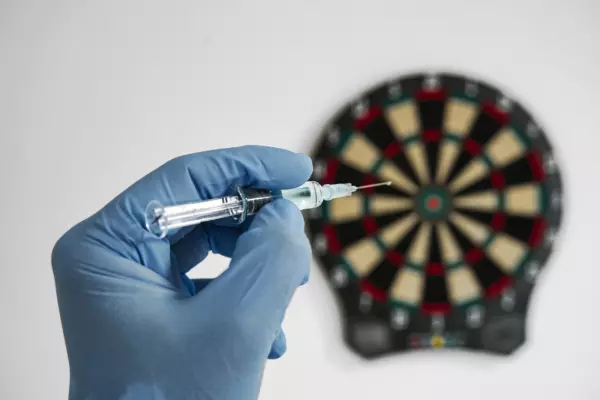Before the 2020 general election, Dr Ayesha Verrall was a respected infectious disease specialist employed by a district health board.
Earlier that year, she wrote an excellent report commissioned by director-general of health Dr Ashley Bloomfield on the vulnerable state of New Zealand’s covid-19 testing capacity.
By October, the roles were reversed.
Dr Bloomfield then reported to Dr Verrall, who was associate minister of health.
Since then, she has largely stayed below the radar. But, through thoughtful analysis, insight and a drive to improve the wellbeing and health of New Zealanders, she has impressed many of us with her performance.
I don’t know if she was ever a cricketer in a previous life, but in this field she has certainly got some good runs on the board.
She did this with a well-argued, evidence-based initiative over folate in bread, which successfully marginalised the vested commercial interests that had blocked an initiative a few years earlier.
Verrall furthered fluoridation as an effective oral health measure.
But her most successful achievement has been the anti-smoking legislation adopted last December banning smoking for those 14 or younger – a clever, graduated approach reinforced by reducing nicotine levels and retail outlets.
Levering off this successful legislation, on Jan 4, Verrall announced a public consultation process on three extra measures:
- Proximity restrictions for specialist vape retailers.
- Disallowing evocative flavour names.
- Introducing new requirements for disposable vapes, including a reduction in the maximum nicotine concentration allowed.
This move has been welcomed by public health specialists, but they have spotted some weaknesses and suggested ways to address them.
This was the subject of a blog published by the University of Otago.
These public health experts shared Verrall’s concerns over rapidly rising youth vaping rates and applauded her measures.
Daily vaping among 18- to 24-year-olds has risen to 23%, while current (at least monthly) vaping among this age group is 28%.
The experts were worried the proposed measures wouldn't go far enough to protect young people from this highly addictive nicotine product.
They recommended extending restrictions for specialist vape retailers beyond 'proximity' to a wider ‘place-related’ rule. They pointed to retailer-dense areas that draw people to other attractions, and ‘stores within stores’, such as diaries.
They supported limiting promotional flavour names, but they recommended going one step further, insisting on plain packaging to stop marketers using images to make flavours more appealing.
The experts welcomed rules to reduce nicotine levels in disposable single-use vaping products but were puzzled and disappointed to find that the levels allowed here would be higher than in other countries, such as the European Union.
They were also disappointed that the proposed changes don't include measures to limit social media promotion and advertising within stores, to enable minimum prices, or to apply an excise tax. They believe there needs to be a balance between encouraging people to give up smoking and encouraging them not to get addicted to vaping.
This public health intervention is constructive criticism, looking to take Verrall’s proposals further, rather than winding them back. She should expect the opposite from the pro-vaping lobby.
Big Tobacco runs nicotine vaping
Over time, nicotine vaping has been taken over by ‘Big Tobacco’ as it tries to maximise the profit it makes from nicotine.
Last year, the Ministry of Health formed the view that some retailers, manufacturers or importers may be misinterpreting the regulations limiting nicotine salt levels.
Further, they appeared to be providing misleading information when notifying the Vaping Regulatory Authority of their products.
The authority is part of the Ministry of Health and it manages applications from retailers to become specialist vape retailers.
This includes approving applications for vaping premises and approved internet sites. Retailers, manufacturers and importers also have annual reporting requirements to the authority.
In October last year, the authority wrote to the industry, urgently instructing them to provide safety details about their substances to check how well they complied with the law.
This led to push-back. British American Tobacco was at the forefront of legal action threatened against the government over an authority review of vaping products.
Local law firm Bell Gully is acting for British American and has advised the Ministry of Health of possible legal challenges in the event of a judicial review or declaratory judgment proceedings.
If it took the Vaping Regulatory Authority review of retailers, manufacturers and importers to court, you can only imagine the response to the passing of Ayesha Verrall’s bill in December and the consultation process she started the following month.
The associate minister is right on the ball. She will need to continue this stance as the tobacco company considers the risks to its profits. This is a situation where good public health measures are in direct conflict with commercial profits.














